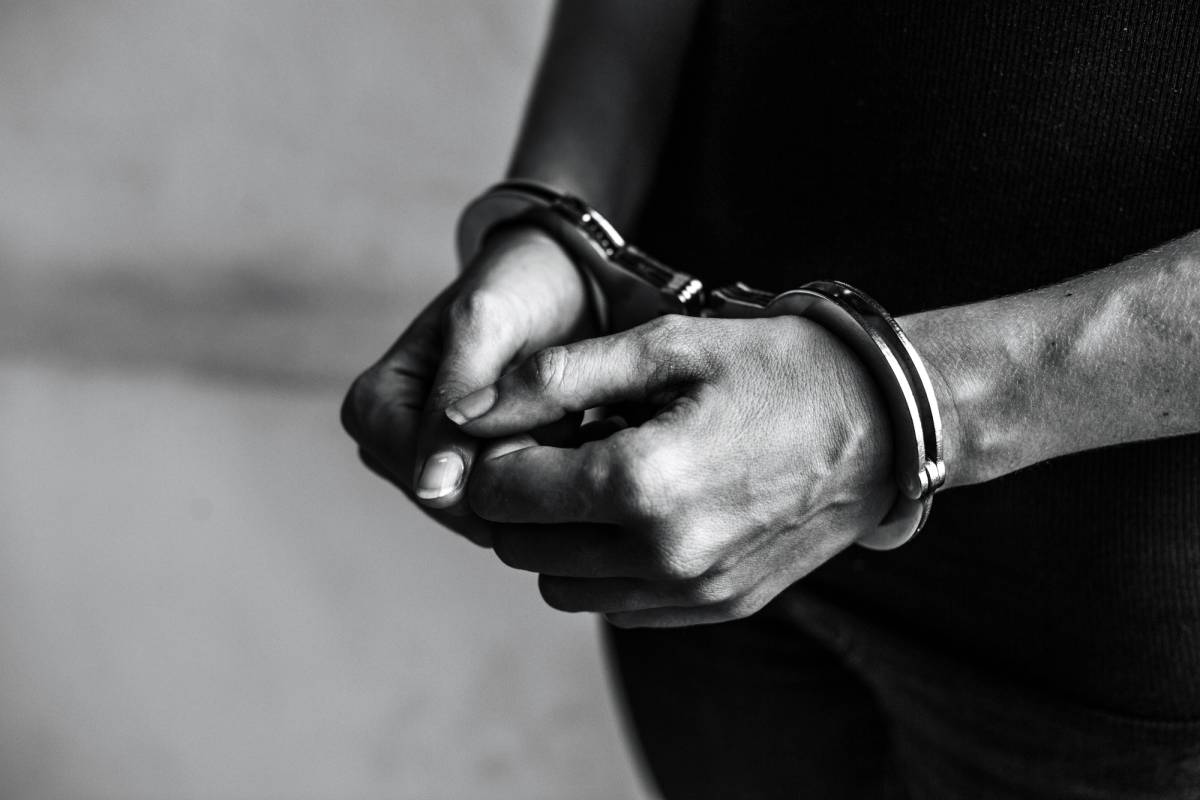Krishnan, who previously resided in Wake County, North Carolina, is charged with two counts of wire fraud, two counts of money laundering, and two counts of aggravated identity theft…reports Asian Lite News
An Indian national in the US faces a maximum penalty of 20 years in prison if convicted in an $8 million Covid-19 relief fraud scheme, according to court documents.
Abhishek Krishnan, 40, has been charged by a federal grand jury in Newark, New Jersey, for fraudulently obtaining millions of dollars in Paycheck Protection Program (PPP) loans guaranteed by the Small Business Administration (SBA) under the Coronavirus Aid, Relief, and Economic Security (CARES) Act.
Krishnan, who previously resided in Wake County, North Carolina, is charged with two counts of wire fraud, two counts of money laundering, and two counts of aggravated identity theft.
After returning to India, Krishnan allegedly submitted numerous fraudulent PPP loan applications to federally insured banks, including on behalf of purported companies that were not registered business entities.
The fraudulent PPP loan applications allegedly included false statements about the companiesa� employees and payroll expenses, as well as falsified tax filings.
As part of the fraud scheme, Krishnan allegedly used the name of another person without that person’s authority.
He allegedly submitted at least 17 PPP loan applications seeking over $8.2 million and received more than $3.3 million in loan proceeds.
Following receipt of the funds, Krishnan allegedly laundered the proceeds of the fraud.
If convicted, he faces a maximum penalty of 20 years in prison on each of the top counts and a mandatory minimum of two years in prison on each count of aggravated identify theft.
A federal district court judge will determine any sentence after considering the US Sentencing Guidelines and other statutory factors.
In a separate case, Krishnan was recently charged in the Eastern District of North Carolina with theft of government property and aggravated identity theft regarding his alleged receipt of unemployment insurance benefits funded by the federal government in response to the pandemic.

